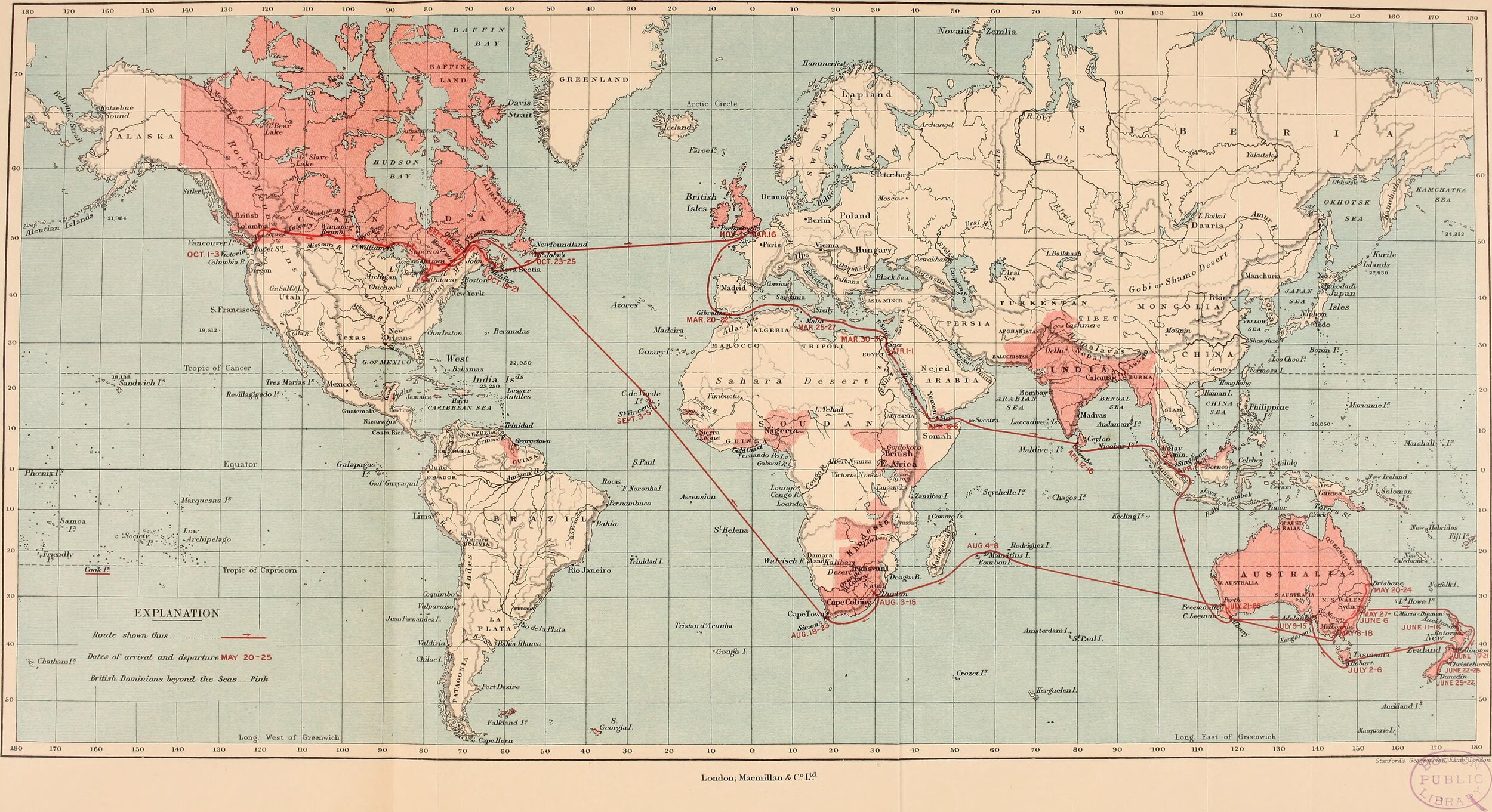
Part 5:
1945 to 2020: The Big Picture
#91 The Old Colonies: Development and Underdevelopment in the 21st Century
The USA’s relations with the southern countries in Asia, Africa, the Middle East, and Latin America have been to treat them, in principle, in a similar manner in which the Soviet Union was treated after 1991. That is, like those under the old colonial regimes.
By the end of the second decade of the 21st century, many countries of the South remained mired in deep poverty, despite 60 or 70 years of independence from colonial rule. People worldwide wanted the wealth they could see on their screens in the West.
#84 Chinese Economic Growth after Mao: Part 2
China created coherent development strategies from 1949 onward. She opened her economy to the rest of the capitalist world after the end of the 1970s – a point in history when the capitalist world was beginning to develop its own 'neo-liberal' system of globalisation . This was just at the time when the West created the conditions for the free movement of capital. Neo-liberal policies were consciously intended to allow Western corporations to move their factories to where labour was cheap. At the same moment in history, China was opening her doors to receive Western companies who wished to use the cheap labour of China, spare resources, and industrialisation: the build-up of spare capacity.
#82 China’s Economic Transformation and Mao Zedong
Mao knew about the English agricultural revolution in the 16th and 17th centuries, and he knew about the industrial revolution in the 18th century too. He was aware of the need to transform China.
Mao’s heritage has caused huge debate and disagreement, particularly across Western intelligentsia. Mao made serious mistakes at the end of his life. By the 1960s, he was in a hurry. He also wished to show the Soviet Union that China was independent of their advice.
Mao created the Hundred Flowers Campaign; the Great leap Forward; and the Peoples Commune. All these vast initiatives came under the rubric of the Cultural Revolution.
#80 China's Long History
It is important to understand that China has a long-written history of economic and political development. Unlike the USA, France or Britain, China has a very long history of administering the huge landmass which makes up China today.
Chinese politicians in the 21st century have been able to draw on the wisdom from ancient antiquity. Records of developments in China were written down. In the 13th century, Marco Polo, a traveller, a nobleman and trader from Venice, described a city of a million people. We know from a large cache of historical records, that traders had been moving and writing to each other for at least 1000 years. These written records were first discovered in the 20th century. They were found in a repository in a Jewish synagogue in Egypt in the early 20th century, having survived so well due to the dry air of the region.
#78 Super Wealth, Poverty and Inequality
From 1973, 70-80% of the USA working peoples income has remained static. The US has remained at war for the entire period. Over the last 20 years, she laid waste most of the modern Middle East. Her attempt to control the world economies have become ever more extreme. The wealth of the wealthiest has shown no boundaries. And now with the unsuspected arrival of a crisis in the forms of climate change and covid infections, the world is a more uncertain place than at almost any time since 1945.




